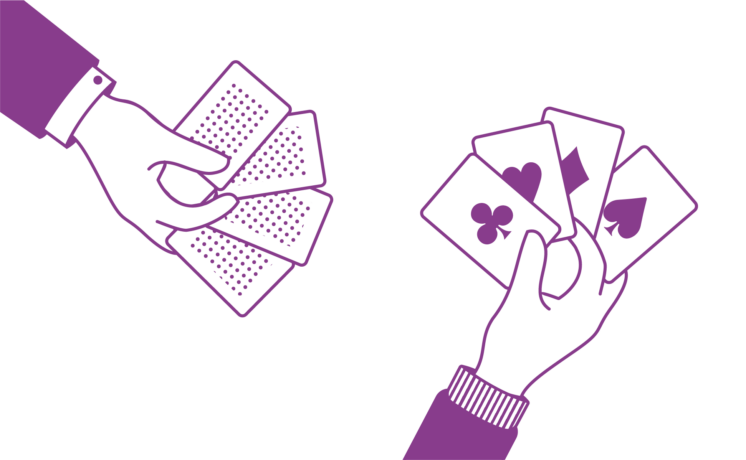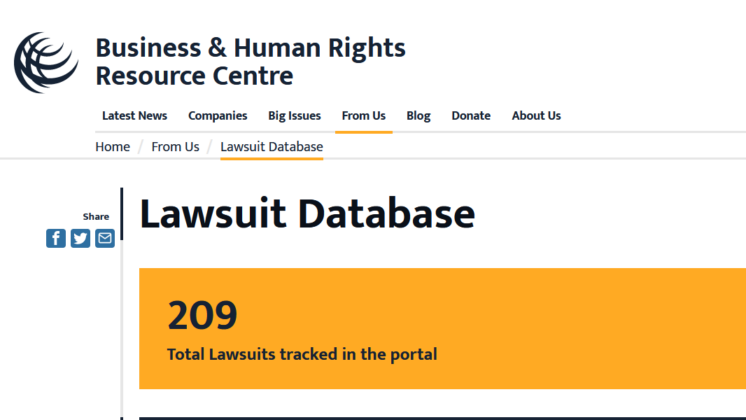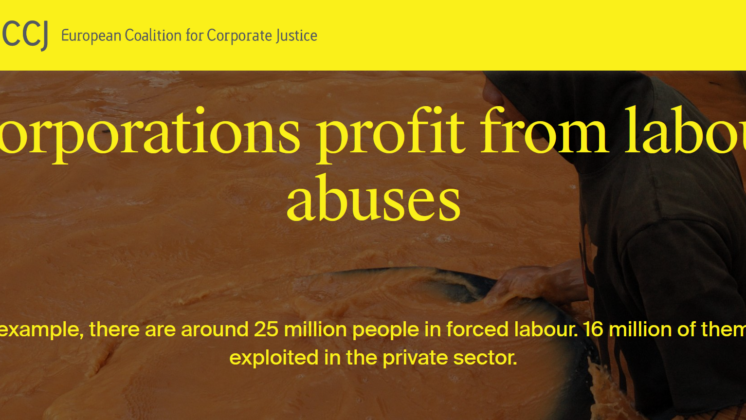The power imbalance between companies and people impacted by corporate activities often means the latter cannot access legal protection in the country where the harm occurs (the host state). For people whose rights are harmed or who experience environmental damage that companies cause, mounting a legal case in the company’s home state can change the power dynamic.

This counter-strategy can be particularly effective when companies have undue influence in the host state where the harms occurred – for example, because the host government is under pressure to secure foreign investment. Bringing legal action in a home state can also be useful to combat companies’ abuse of judicial processes in that country because of their wealth and influence. When corporations try to shield parent companies from liability, bringing legal action in the company’s home state can be a strong counter-strategy.
RESOURCE: BHRRC Lawsuit Database
Civil society actors have brought hundreds of civil lawsuits
In civil lawsuits, an injured individual (the plaintiff) brings a legal claim against the entity (the defendant or respondent) allegedly responsible for their injury. A common example of a civil case against a company is a negligence claim, when a plaintiff alleges that a company has failed in its duty of care and as a result of this failure a harm (or damage) has occurred.
It is sometimes possible to bring a criminal case against a company for alleged criminal offences. Law-enforcement officials generally investigate and bring these cases to courts, and civil society actors can present evidence to persuade law-enforcement officials to pursue these cases. While some countries allow private actors to bring criminal prosecutions, this counter-strategy toolkit does not cover such rare exceptions. against companies in an effort to hold them legally accountable for their alleged human rights and environmental violations. The plaintiffs (injured parties) in many of these legal actions against companies in their home states have been citizens of other countries where the company’s subsidiaries or affiliates have caused or contributed to harm. In such cases, the parent company often seeks to evade responsibility for the damage. For example, in the legal case Oguru, Efanga, and Milieudefensie v. Royal Dutch Shell, the Dutch Court of Appeal found that Shell, as the parent company headquartered in the Netherlands, owed a duty of care to Nigerian communities affected by oil spills its Nigerian subsidiary had caused, and that Shell breached that duty by not adequately responding to the spills. Future lawsuits may be able to make use of this precedent.
RESOURCE: ECCJ analysis of civil cases against EU companies for overseas human rights and environmental abuses
The counter-strategy of bringing a legal action is not always possible and depends on a range of legal rules and precedents. But it has worked effectively in several cases. The first steps in considering whether this counter-strategy is viable is to get advice from NGOs that have previously brought such cases and from lawyers with relevant expertise in the company’s home state. A company may have more than one home’ state, if it is incorporated and/or headquartered in two or more countries. International NGOs can play an important role in enabling affected people and their representatives to access the human-rights-focused legal advice that home state lawyers can provide. Legal advice in the company’s home state is essential to understand viable legal avenues for cases against companies’ own operations in foreign countries or the foreign operations of their subsidiaries or contractors.
The success of a legal action in the home state will usually depend on establishing a parent company’s liability for its subsidiaries or for contractors in its supply chain. A combination of factual evidence and legal arguments or precedents can establish this liability. Various kinds of legal liability may be relevant. For example, in some jurisdictions, research can help to show that the parent company directed the subsidiary’s actions or the actions of a company in its supply chain, and thereby establish direct liability.
In many countries, even before the plaintiffs have the chance to put forward evidence of liability, companies are likely to challenge the jurisdiction of home state courts to determine the claim. While courts generally have jurisdiction over parent companies that are incorporated or headquartered in that country, when a legal claim concerns harms that occurred in another country, courts can dismiss claims on legal grounds, such as forum non conveniens.
Put simply, the court can decide it is not a “convenient” jurisdiction and that another forum (usually the court of another country) is more appropriate. Companies often argue forum non conveniens in an effort to have cases heard in the host state, where the harm occurred and where the rule of law or penalties may be weaker. This can seriously undermine the likelihood of success of the plaintiff’s legal claim.
The forum non conveniens doctrine exists only in common law countries such as Australia, England and Wales, and the US, and is not used in civil law countries such as France, Germany, and the Netherlands. However, because such a high proportion of multinational corporations are based in common law countries, forum non conveniens represents a significant hurdle for victims of corporate human rights and environmental abuses who wish to bring a claim against a parent company in its home state. See Amnesty International, Injustice Incorporated: Corporate Abuses and the Human Rights to Remedy, 2014, section 2.5.2.
Countering the forum non conveniens argument usually requires the plaintiff and their lawyers to show evidence that the national legal system in the country where the harm occurred will not offer any meaningful opportunity for remedy for the plaintiffs, or to demonstrate why the home state court has a particular interest in the case.



